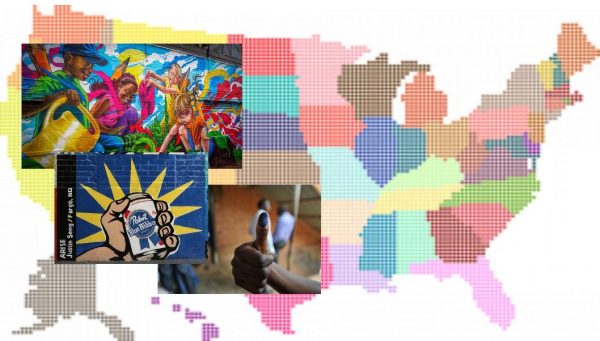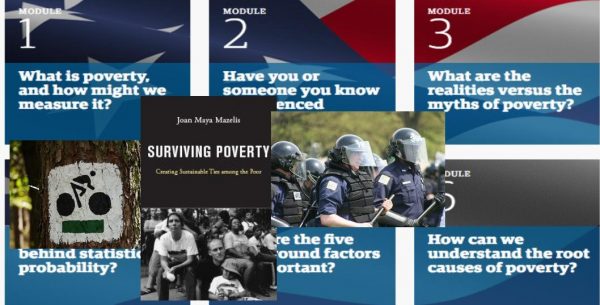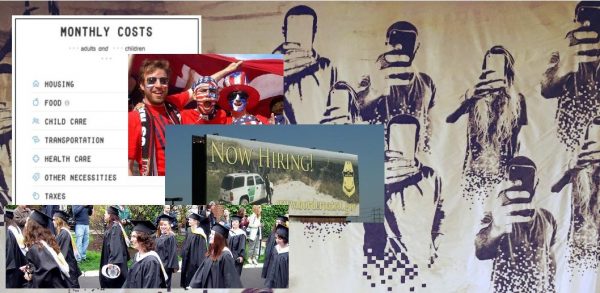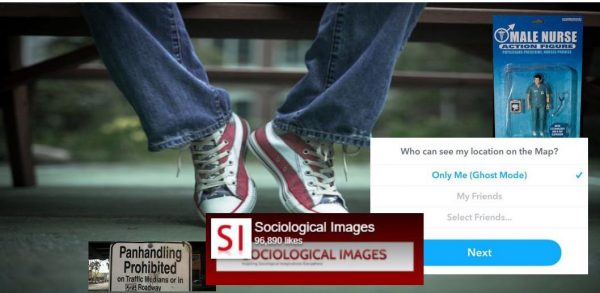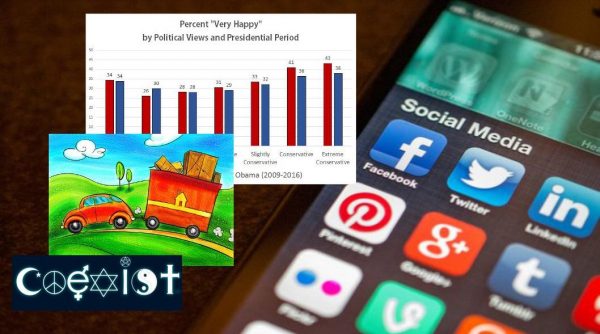I turned 50 this summer so maybe I’m feeling a little sentimental. Nevertheless, in this season of tumult, Trump, and 140 character tweets that pass for news, I have found myself sustained by the some of the most old-fashioned modes of media—weekly and monthly news magazines, and, more specifically, long-form journalism. Here are some of my favorites from the past few weeks, categorized in the ways that I think my sociology friends and colleagues would find meaningful:
—Social movements: Nathan Heller’s analysis of the efficacy of collective protests “Out of Action: Do Protests Work? The New Yorker, August 2017.
—Popular culture: “How American Lost its Mind,” a piece on culture and populism by Kurt Andersen in The Atlantic, September 2017. (Other solid treatments roughly in this category/vein: “The New Paranoia by Colin Dickey in July’s The New Republic; and “European Disunion: What the Rise of Populist Movements Means for Democracy” by Yascha Mounk, also in TNR, August/September).
—Sociology of knowledge: David Session in The New Republic, “The Rise of the Thought Leader: How the Superrich have Funded a New Class of Intellectual,” June 2017.
—Media studies: a trip down memory lane by my favorite television critic of how Donald Trump built his popularity (and personality) in and through the small screen, Emily Nussbaum in The New Yorker, July 2017.
Now, don’t get me wrong. Traditional journalism doesn’t (and can’t) solve all the problems of our fractious world, and indeed I sometimes worry that all of this great writing and reading can be its own kind of distraction or delusion. But the clear-thinking, the ability to put things in broader context, and the commitment to synthesizing social facts and cultural complexities—all qualities that us sociologists aspire to—displayed in these pieces is admirable and much needed. And I can only shake my head in awe for the way these writers, reporters, and critics are able to produce such great, insightful content in such timely and engaging fashion.


